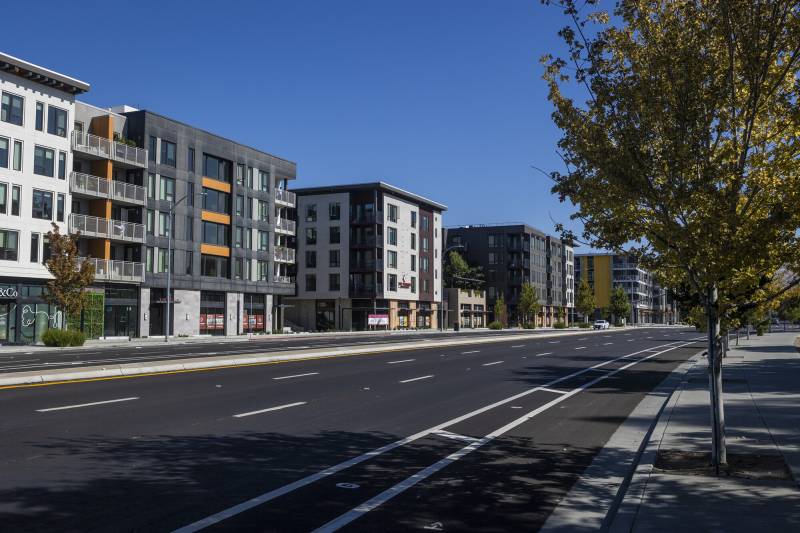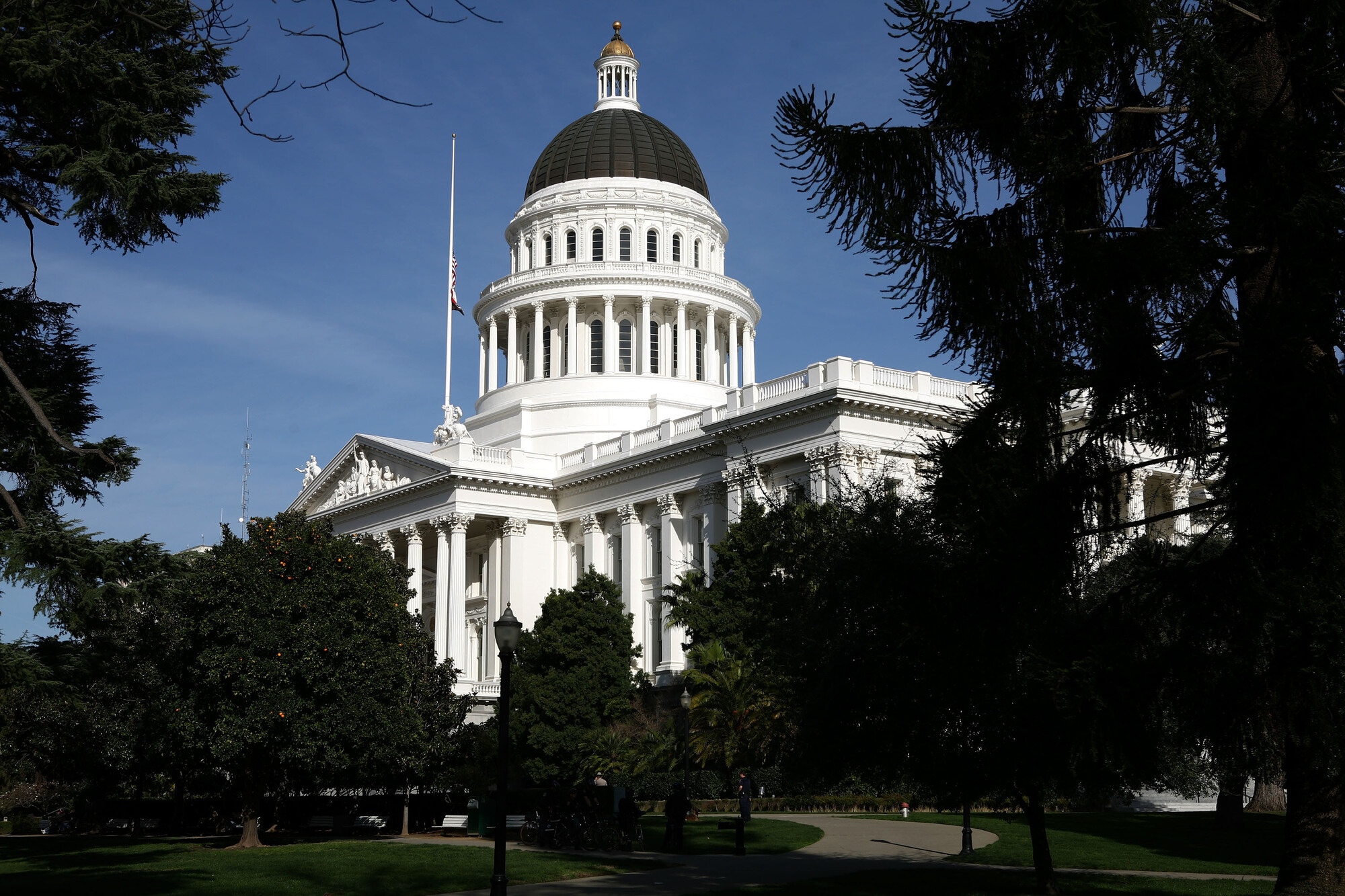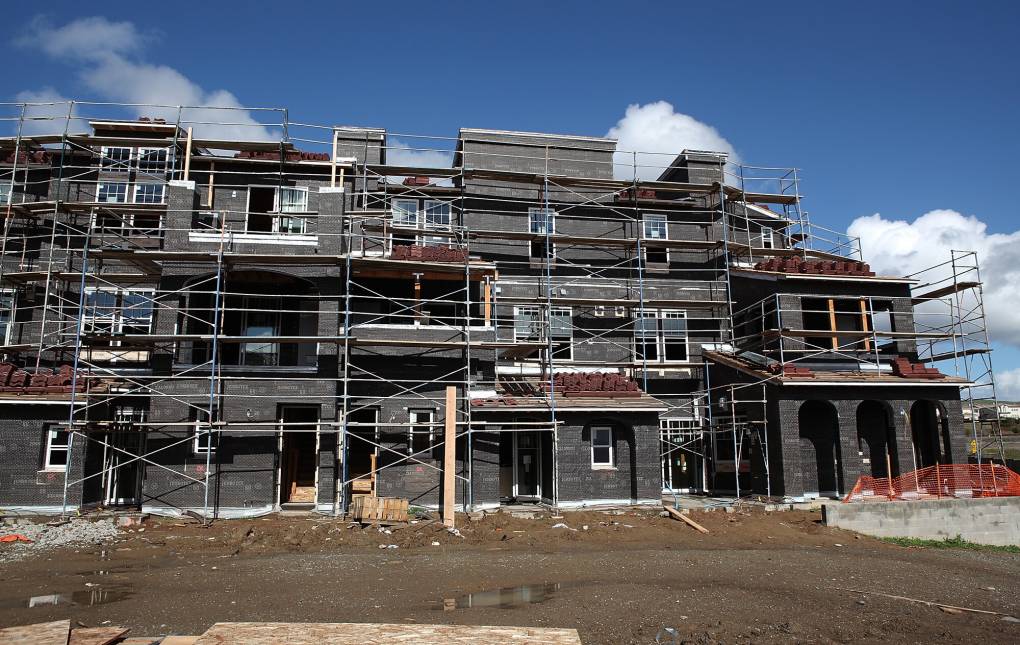Updated 9:57 a.m. Tuesday
A bill to exempt some housing projects from a controversial California law that pro-building activists blame for slowing down development cleared its first legislative hurdle this week.
On Monday, the State Assembly’s Natural Resources Committee approved AB 609, introduced by Assemblymember Buffy Wicks (D-Berkeley), which would exempt infill housing projects built within existing cities from review under the California Environmental Quality Act.
“Why does it take so long to build housing in California? CEQA, the California Environmental Quality Act, America’s premier environmental protection law, which for over 50 years has helped slow or stall countless bad projects that would have harmed the environment,” Wicks said during the hearing. “But it’s a very blunt tool. And in that time, it has also helped slow or stall countless good projects as well.”


